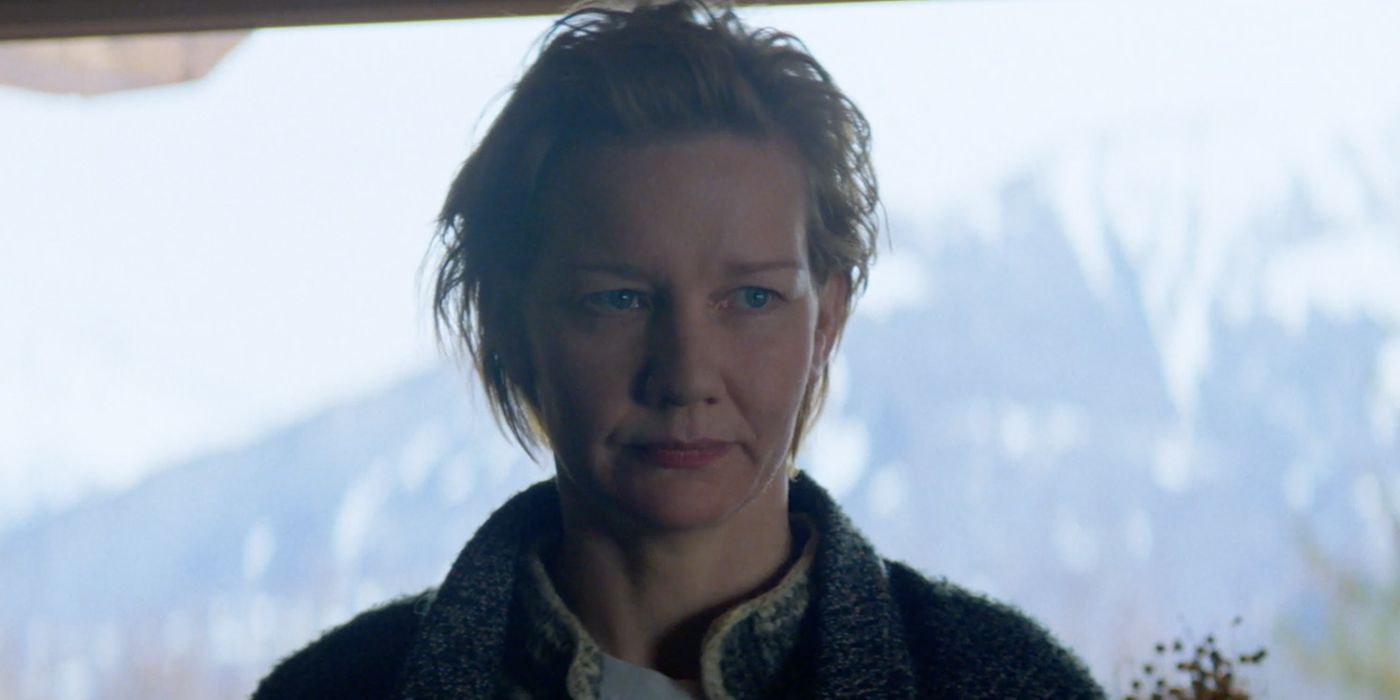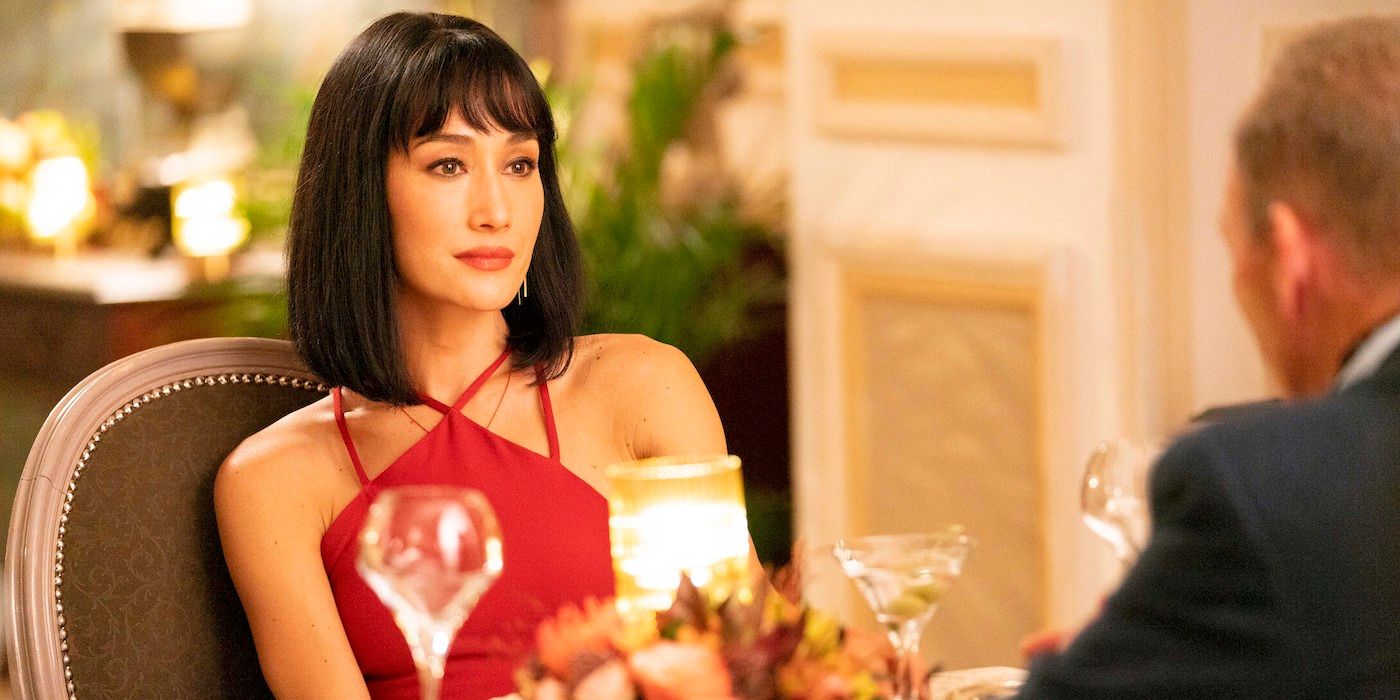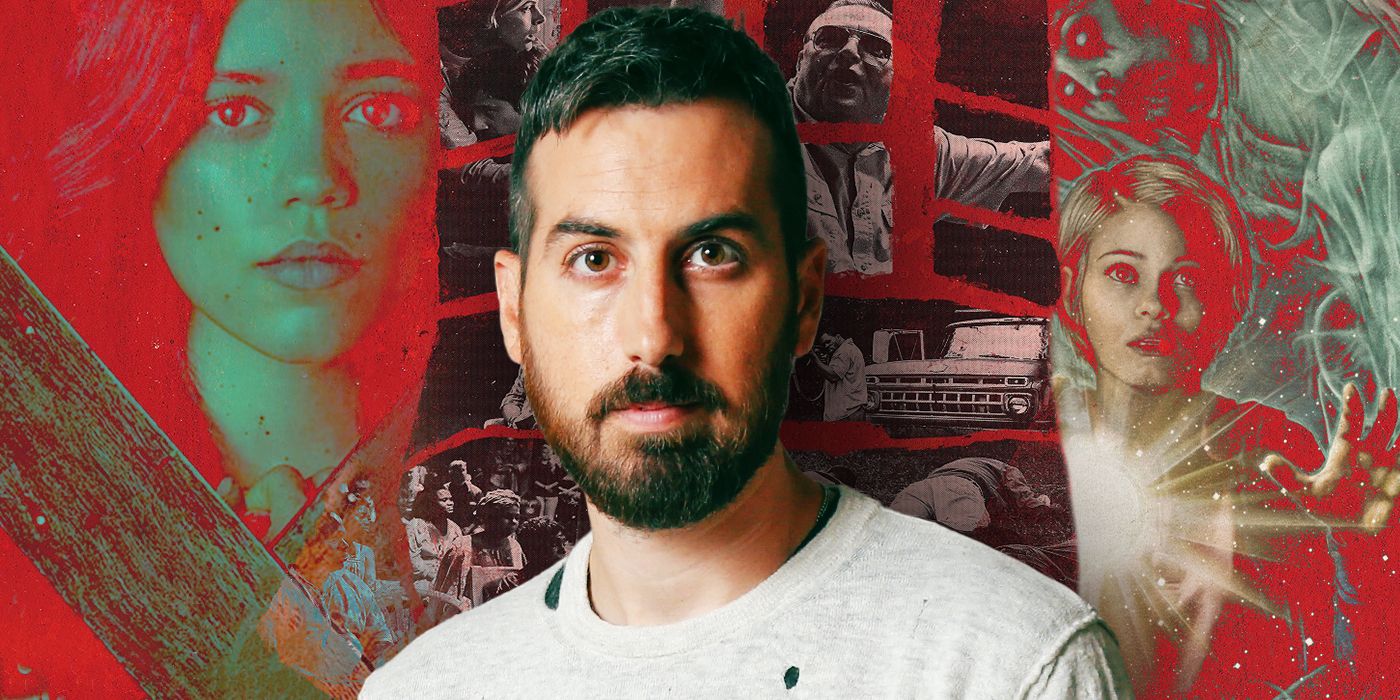Editor’s Note: The following contains spoilers for Anatomy of a Fall
The Big Picture
- Anatomy of a Fall is a gripping courtroom thriller that explores the troubled marriage of writers Sandra and Samuel, and Samuel’s mysterious death.
- Sandra, the protagonist, must prove that her husband’s fall was an accident and that she is not responsible, all while her own secrets are exposed.
- The film’s ambiguous ending leaves it up to the audience to decide whether Sandra is truly innocent or guilty, adding to the film’s lingering impact.
Film fans everywhere spend a majority of the cinematic year looking forward to the film that took home the coveted Palme d’Or trophy at the Cannes Film Festival. Past Palme d’Or winners include all-time classics like Pulp Fiction, Taxi Driver, All That Jazz, and The Conversation, and in recent years, winners like Parasite and Triangle of Sadness have leveraged their victories to earn stateside popularity and major award season success. While this year’s winner, Justine Triet’s spelling courtroom thriller Anatomy of a Fall, was instantly heralded as a modern masterpiece, it was surprisingly not selected by France as the country’s submission for the Best International Feature Academy Award category. France may have opted for IFC’s The Taste of Things instead, but Anatomy of a Fall will certainly not be forgotten. It’s the type of film that tends to linger in the public consciousness for a while, particularly due to the film’s shocking ending.
What Is ‘Anatomy of a Fall’ About?
Anatomy of a Fall follows the German writer Sandra (Sandra Hüller), who is married to her fellow writer Samuel (Samuel Theis). The couple have had their grievances with each other in the past, as their shared competitive profession often sparks arguments between them. The tension in their household has escalated due to a recent accident involving their 11-year-old son, Daniel (Milo Machado Graner), which resulted in Daniel losing his sight.
Unfortunately, the family’s isolation means that there is no one to witness their daily activities or understand the fraught marriage between Sandra and Samuel. After Daniel takes their Border Collie, Snoop, out for a walk in the freezing snow, he returns home to find that his father has fallen from the roof. No other witnesses were present, and Daniel couldn’t see what actually happened, which leaves Sandra initially picked up as a suspect. As she recounts the details of the case to her hardworking lawyer, Vincent (Swann Arlaud), she must prove that the fall was itself an accident, and that there was no foul play on her part. This becomes increasingly challenging when details about her issues with Samuel become public knowledge throughout the court case.
While the title refers to Samuel’s fall from the top of their roof, the film may have been best titled Anatomy of a Marriage. It’s quickly proven within the French justice system that Samuel’s fall could have been an accident, even if it was very unlikely. The mood of the case shifts as the prosecuting attorney begins to paint Sandra as a villain; it’s revealed that she had affairs throughout their relationship, and that the two partners were frequently in conflict over their respective writing careers. The notion of who is to blame for Daniel’s accident is also brought up frequently. Sandra had initially blamed Samuel for not watching Daniel, which creates even more suspicion about her potential role in her husband’s death.
The Final Scenes of ‘Anatomy of a Fall’ Explained
Sandra’s position is not helped by a last-minute piece of evidence that emerges. She and her husband had a violent fight shortly before his fall, as Samuel had been recording moments from his life for a literary project. The recording paints Sandra in an even uglier light, and she reveals that she lied in her initial interview with the police because she wanted to seem as innocent as possible. Both Sandra and Vincent propose the idea that Samuel’s death was a suicide, but the court seems to be opposed to the notion after a series of interviews with Samuel’s psychiatrist.
The case ultimately comes down to testimony from the only person who may be able to offer an objective point of view: Daniel. While he was not in the home in the moments before his father’s fall, Samuel has been observing the deterioration of his parents’ marriage for a while. Although many of the members of the French court system seem to dismiss him as a victim due to his accident, Daniel’s lack of sight means that his other senses are heightened. Daniel is brought in under oath to offer his objective understanding of the situation, but he decides to offer an additional statement after remembering an incident involving Snoop that he had been suppressing.
Shortly before his father’s death, Snoop had consumed too many aspirin pills, causing the dog to nearly die. In hindsight, Daniel suspects that Snoop may have consumed the pills from the remains of Samuel’s vomit, which leads Daniel to do his own unfortunate experiment with Snoop and the aspirin pills. Daniel remembers a conversation he shared with his father, in which Samuel warned him that Snoop wouldn’t be around forever, and that he would have to imagine how life without him would look. With the benefit of hindsight, Daniel realizes that Samuel wasn’t talking about their dog, he was talking about himself. He goes before the court and offers a final statement, admitting that while he couldn’t imagine his mother killing his father, he could imagine his father’s suicide.
Sandra is not convicted, and bonds with Vincent as they share a last meal together as they reflect on the stress of the case. Even though she has avoided jail time, Sandra suffered humiliation at the hands of the court; Daniel has now learned things about his parents’ relationship that she would’ve wanted to explain to him in her own way. But is she really innocent? That’s a question that Triet has chosen to keep ambiguous. In an interview with Slate, the director admitted that “the movie is based on the lack of images, on the lack of things. You lack of things. So you fantasize the thing.” The film concludes without ever definitively offering proof of Sandra’s innocence; the audience must decide for themselves if her case was justly handled.





